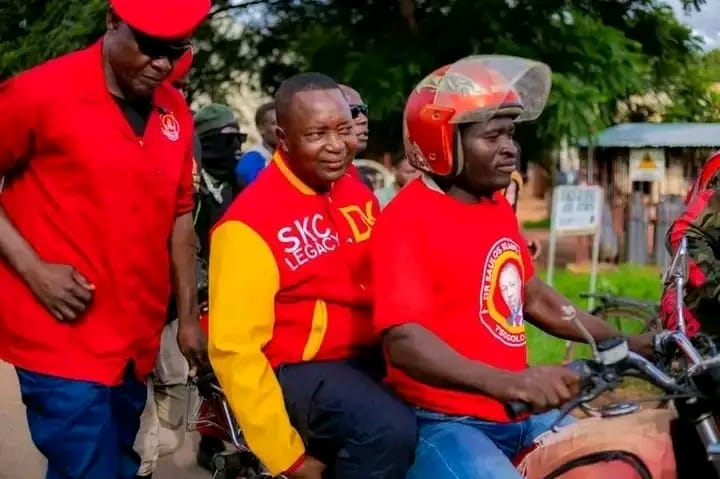By Burnett Munthali
The recent arrest of Patricia Kaliati, the UTM Party secretary general, encapsulates the intricate and often fraught relationship between politics and the judiciary in Malawi. Allegations of “conspiracy to commit a felony” without formal charges raise significant concerns regarding the integrity of the legal process and the political motivations that may underpin such actions.
Kaliati’s arrest, occurring just before a critical UTM National Executive Committee (NEC) meeting, hints at a broader strategy potentially aimed at destabilizing the party’s leadership. The timing of her detention suggests that her role as a prominent political figure may have made her a target for political maneuvering, reflecting an environment where legal mechanisms are used to suppress political opposition. The lack of a charge sheet further exacerbates concerns about due process. This omission raises questions about the legal foundation for her arrest and whether it was executed with the necessary transparency and accountability.
The response from UTM leadership and supporters is telling of the prevailing political climate. High-profile party members, including presidential aspirants, have rallied around Kaliati, suggesting a shared belief that her arrest is politically motivated. This solidarity signals a resistance to what they perceive as a deliberate attack on their party’s integrity. Newton Kambala’s assertions that the arrest is part of a strategy to undermine the UTM Party underscore the belief that political tensions are at the heart of this situation.
The broader implications of this incident extend beyond Kaliati’s individual case; they reflect a troubling trend in Malawi’s political landscape. The perception that the state is using law enforcement as a tool to exert control over political rivals undermines the principles of democracy and fair competition. Such actions can create a chilling effect, where political actors might be discouraged from participating fully in the democratic process due to fear of reprisals.
The legal process surrounding Kaliati’s arrest also warrants scrutiny. The absence of formal charges raises critical questions about the functioning of the judiciary and its independence from political influence. When arrests occur without clear legal justification, it risks eroding public confidence in the justice system. Citizens may begin to view the judiciary as a partisan entity rather than an impartial arbiter of justice.
This situation calls for a reevaluation of how justice is administered, particularly in politically sensitive cases. The expectation is that allegations of serious misconduct, such as conspiracy, should be backed by robust evidence and handled through transparent judicial proceedings. The failure to do so not only jeopardizes the accused’s rights but also diminishes public trust in legal institutions.
The unresolved arrest of Patricia Kaliati highlights the precarious intersection of politics and law in Malawi. It serves as a stark reminder of the need for vigilance in protecting democratic norms and upholding the rule of law. As political tensions mount, it is imperative that all stakeholders—government, judiciary, and civil society—commit to ensuring that justice is administered fairly and transparently. Only through such measures can the public regain faith in a legal system that operates above political considerations, fostering a healthier democratic environment for all Malawians.




